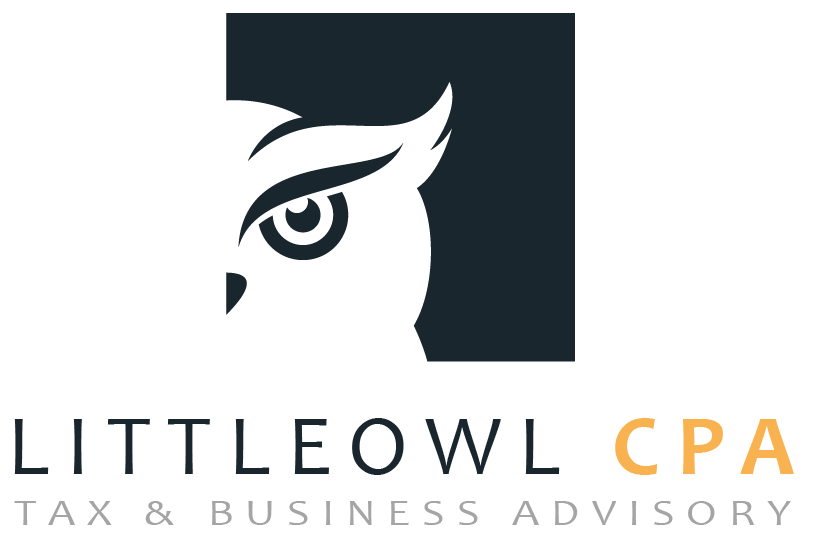Owning a vacation home is a dream come true for many, providing a getaway spot for relaxation and a potential source of rental income. However, the tax implications can be daunting. This guide will answer the most common questions for those who own a second home, and help you navigate vacation home tax rules, deductions, credits, and common pitfalls.
Is a vacation home tax deductible?
Yes, but the extent of deductions depends on your use of the second home. If you use it as a personal residence, you can deduct mortgage interest and property taxes, subject to certain limits. However, if your vacation home qualifies as a rental property, deductions such as maintenance, utilities, and depreciation may apply. It’s essential to track your usage accurately to maximize your deductions while complying with tax laws.
Some examples of potential tax breaks for vacation homes, depending on the situation, include:
- Mortgage interest deduction (for personal residence)
- Home equity loan interest deduction
- Property tax deduction ($10,000 per return for all homes)
- 1031 exchange (for business/investment use)
- Rental income deduction (for rental use)
Generally, improvements that increase the value of the home, extend its life, or adapt it to new uses are capitalized and depreciated over time rather than deducted immediately.
How does the IRS define a vacation home versus a rental property?
This is the vacation home tax definition according to the IRS:
“You’re considered to use a dwelling unit as a residence if you use it for personal purposes during the tax year for a number of days that’s more than the greater of: 14 days, or 10% of the total days you rent it to others at a fair rental price.”
Basically, if you or a member of your family uses the rental property (or rent to anyone at a less than fair rental price) for more than two weeks, you would consider that personal use.
What if I use my vacation home for both personal and rental use?
For most people, a typical second home is a combination of both. That means you’ll need to divide your expenses based on the number of days of personal use versus rental use for each purpose. This allocation is crucial for calculating allowable deductions and accurately reporting income. Rental income must be reported, and rental-related expenses are deductible, while personal use expenses are not.
How do I handle my taxes if I have a second home?
Maintain detailed records of all expenses, including dates of personal use and rental periods. This documentation is vital during tax preparation.
What if I use a short-term rental service like VRBO and AirBnB?
Using platforms like VRBO and Airbnb introduces additional tax considerations. Many communities and states may have a local short-term rental tax, a state sales tax, or a local occupancy tax. Most of these will be collected as a part of the sales process. Georgia, for instance, has a state hotel-motel fee.
Depending on the platform, you can sometimes choose how taxes are collected. If you choose to not collect taxes through their platform, you’ll need to coordinate with local authorities to pay.
At the end of the year, AirBnb will likely issue you a form 1099-K, as would VRBO, which you will need among your tax documents. It’s important to provide your 1099-K to your accountant as you receive it.
Are there any second home tax traps to avoid?
For some, a second home becomes a tax trap, especially when buying a home in a “cheaper” state. Post-pandemic, many individuals bought homes in areas with cheaper taxes, but ended up with penalties for perceived tax-evading behavior. This increases the likelihood of audits and investigations.
To combat this, it’s important to establish which home is your primary residence, and be very meticulous and intentional with documentation. Check with your state’s residency rules. Definitely record the number of days you spend at your second residence.
Another trap is to underestimate personal use. Remember that anything used by you or a family/friend for more than two weeks under a fair rental price will affect how you record your expenses.
Owning a vacation home comes with enjoyable perks and complex tax rules. By understanding vacation home tax deductions, credits, and implications, you can make informed decisions to reduce your tax burden and enhance your investment’s financial benefits. If you have specific questions or need personalized advice, consulting with a CPA experienced in vacation home taxation is always a wise step.


